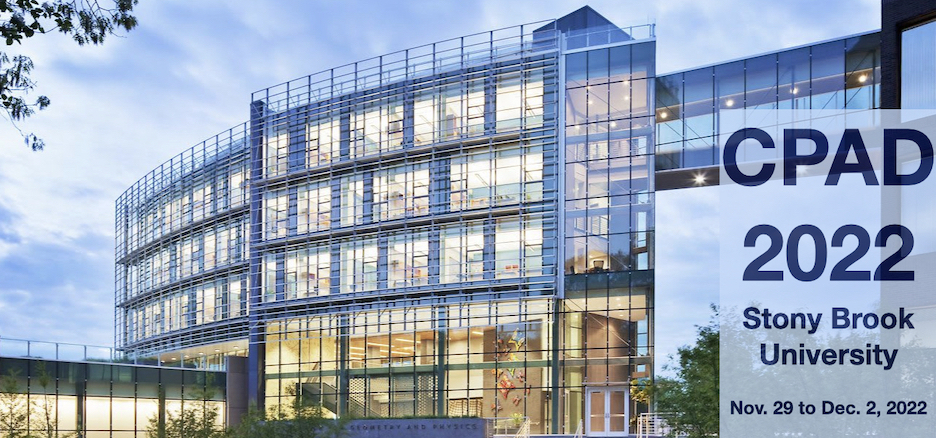Speaker
Description
Recoil-imaging gas TPCs with MPGD charge readout are promising detector candidates for directional dark matter searches beneath the neutrino fog. In a future directional dark matter detector, head/tail recognition efficiency is expected to be one of the most important performance metrics for using directionality to reject solar neutrino backgrounds and establish the galactic origin of dark matter. In this talk, we detail ongoing event-level head/tail studies using a 40 $\rm cm^3$ micro-TPC with double GEM amplification and pixel ASIC readout, filled with a 70:30 mixture of $\rm He$:$\rm CO_2$ at atmospheric pressure. We compare head/tail assignment performance on He recoils–both in simulation and in measurement–using traditional Bragg-curve-based approaches, as well as a deep learning approach that assigns head/tail using 3D convolutional neural networks (3DCNNs). In our preliminary studies at a double GEM gain of $\mathcal{O}$(1000), we found deep learning to substantially improve head/tail recognition for He recoils down to $\mathcal{O}$(10 keV). We will also discuss our ongoing work and experimental challenges encountered in extending this work to much higher detector gain. In that regime, the detector has high efficiency to single primary electrons, which should eventually result in maximal directional sensitivity for keV-scale nuclear recoils.

